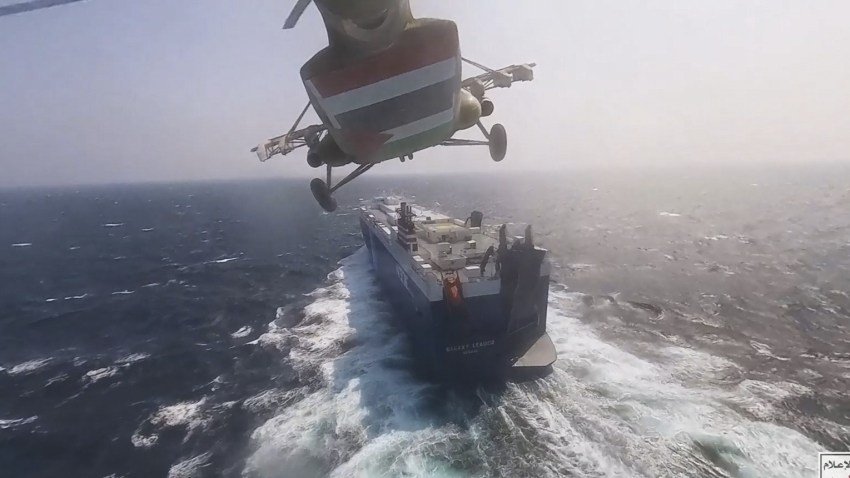At the height of enthusiasm for globalization in the 1990s, many policymakers convinced themselves that the benefits of a more connected world would encourage potential spoilers to accept a stable international order. At the time, the actions of key actors in business and politics that triggered moments of extreme disruption were written off as anomalies whose impact could quickly be contained. Even now, in the face of shocks as momentous as Russia’s full invasion of Ukraine or Hamas’ recent attack on Israel, many commentators remain hopeful that the economic logic of globalization can encourage actors fueling conflict to moderate their behavior.
This lingering complacency over the attractive power of globalization was also visible in the recent shock over attacks by Yemen’s Houthi movement on merchant shipping in the Red Sea. With the help of military aid from Iran, the Houthis have managed to seize most of northern Yemen, including the capital, Sanaa, and the crucial seaport of Hodeidah. Nevertheless, until recently, many observers believed that economic pressures might eventually encourage restraint among the Houthi leadership.
Yet within days of the Israeli army’s assault on Gaza in response to Hamas’ attack, the Houthis began targeting freighters supposedly linked to Israeli interests in what they claim is a pressure campaign to help the Palestinian people. In response, the U.S. has organized a multinational naval task force to safeguard commercial shipping through the approach to the Suez Canal; a U.S. Navy helicopter just sank three Houthi speedboats, killing 10 Houthis on board, in coming to the defense of a vessel they were trying to board. Even India has dispatched naval vessels to the Red Sea. The risk of escalation is now palpable.

